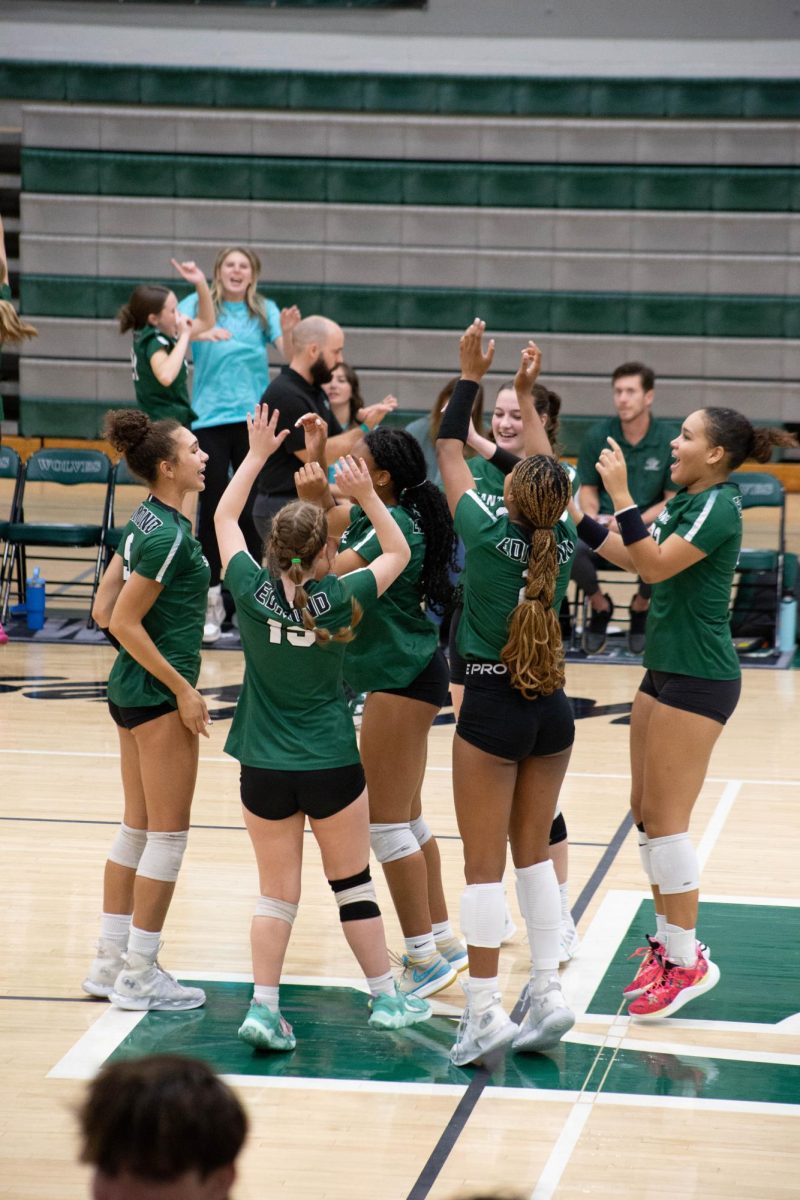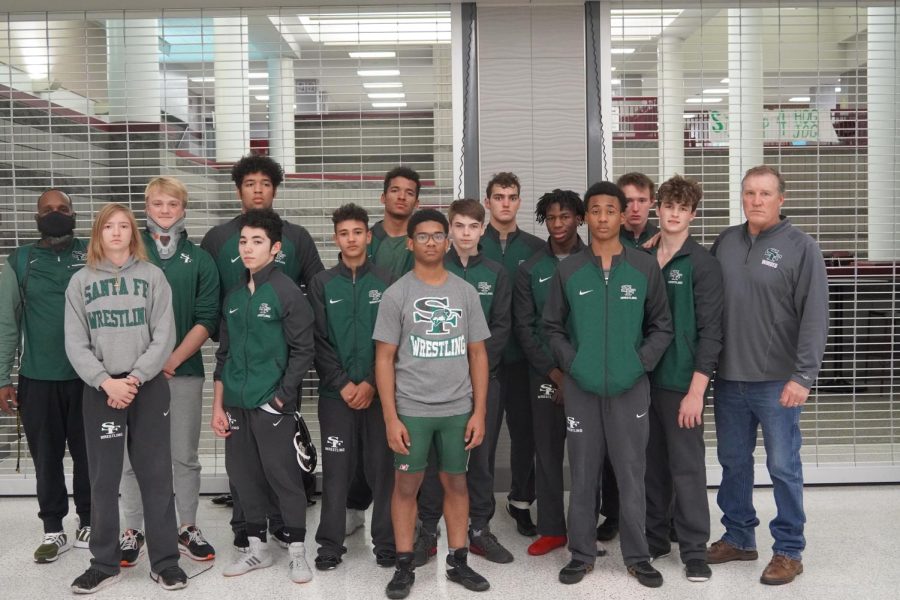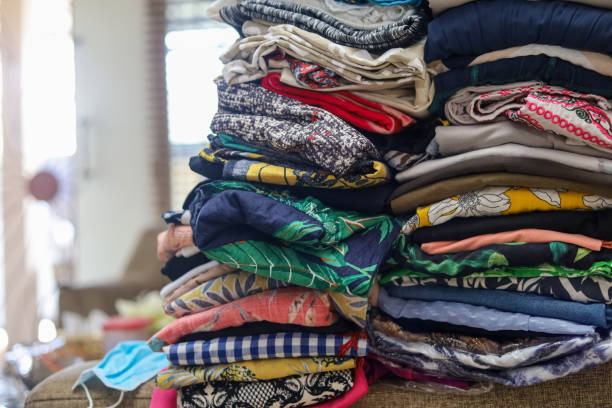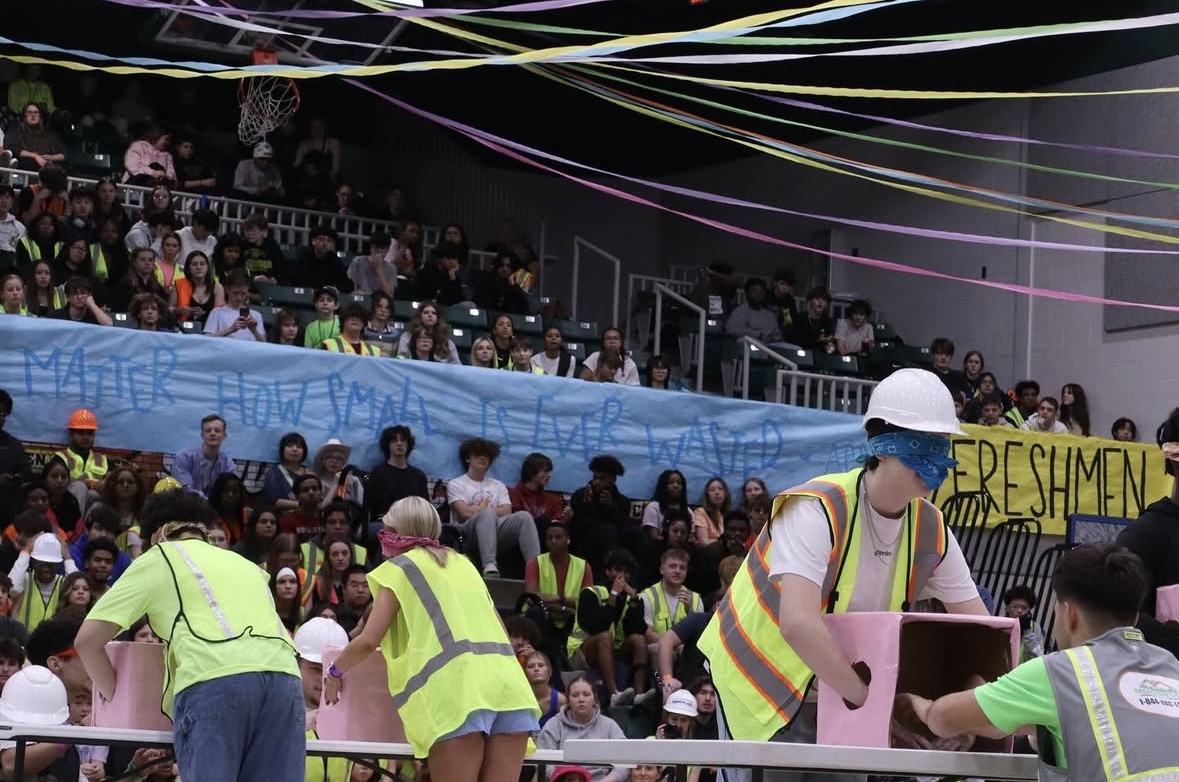Civil Liberties vs. Private Companies: How does it work?
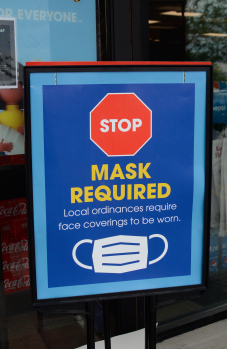
A sign at the Winchester Kroger reminds customers that masks are required to enter the store. Kentucky Gov. Andy Beshear has issued an order mandating face coverings, but starting Wednesday, Kroger stores nationwide are also requiring it.
February 2, 2021
Amidst a maelstrom of social chaos, political unrest, and a global pandemic, the American definition of freedom emerges as a battle over constitutional rights.
Now, this battleground has transitioned to a common but unusual location: supermarkets. According to the stores’ new policies, customers entering these stores are required to wear face coverings. While inside the stores, some customers have expressed aggressive outrage, complaining that mask mandates contradict their rights and that supermarkets cannot tell them to do something that the government is not enforcing.
However, how does this work when the supermarket is a privately owned business? In the case that the supermarket (or other location) is privately owned, the company or owner has autonomy over the location’s policies and regulations. Walmart, for example, is a privately owned company and can enforce any rules it sees fit. Thus, Walmart has the authority to enforce mask mandates and may remove customers from the premises if they refuse to comply. The customer, on the other hand, cannot do anything to impede Walmart’s actions because the company is not violating their rights.
Supermarkets are not the only outlet receiving vocal criticism for their policies. Social media has also received backlash. Former President Donald Trump was banned from social media platforms like Twitter and Facebook for spreading misinformation. Both companies flagged his Tweets and posts as holding false and inflammatory information, but that did not stop the former president. As a result, the companies banned him from using their platforms. Many of Trump’s supporters argue that these bans violate his freedom of speech.
However, the companies clearly state in their terms and conditions that they can flag or remove users if the users spread misinformation or abuse their power on the platforms. When the user clicks “Agree,” the user acknowledges these rules. Since both platforms are privately owned, they can enforce these rules. The claim that the platforms have violated a constitutional right is incorrect. The Constitution does not apply to privately owned businesses in the sense of freedom of speech.
In today’s society, it is easy to look at something that one does not agree with and call it wrong or say it violates some sort of right even when it does not. Masks are widely disliked, yet the enforcement of wearing them does not violate any rights—and as history has shown, people have worn face masks during prior epidemics to protect themselves and others. Yet now it seems many people have issues with them, and instead of just trying to stay healthy, they choose to argue.
Recognizing this, some companies have taken action to hold these individuals accountable to their policies. Today, people have started losing their positions for arguing with the mask mandate. Nurses have been fired from their jobs because outside of work they act like COVID-19 does not exist and spread misinformation; similarly, workers in big companies such as pharmaceuticals and supermarkets are reprimanded or fired if they are ignoring their health outside of work or if they refuse to wear their masks while on the clock.
Although there are many freedoms in America that the people hold close to themselves, there are places where those freedoms do not fully apply. The freedom of speech and other civil liberties are important to protect, but once entering a private company or logging onto a social media platform, individuals must acknowledge that those rights can be restricted due to regulations that those companies use to protect themselves and others.

















